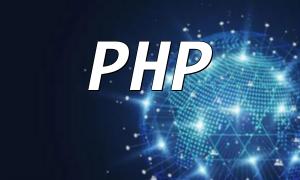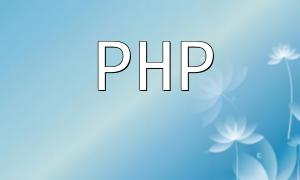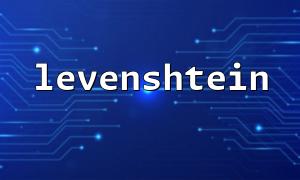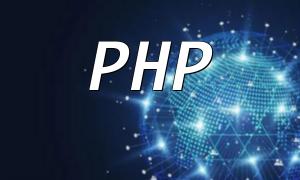PHP is an open-source server-side scripting language. Originally named Personal Home Page Tools, it was later renamed PHP: Hypertext Preprocessor. It was designed to be embedded in HTML, making it especially suitable for web development. PHP was created by Rasmus Lerdorf in 1995, and with its continuous evolution, the latest version is PHP 8.0, offering improved performance, speed, reliability, and security. PHP supports a variety of database management systems and has broad applications.
As a server-side scripting language, PHP facilitates user interaction and complex backend functionality, greatly simplifying commercial applications. In the era of the internet and e-commerce, PHP has become the preferred language for many e-commerce websites, thanks to its scalability, cross-platform compatibility, ease of use, and free nature.
PHP is a completely free open-source language, widely used across various platforms. Its free nature reduces development costs, and the active community offers a wealth of resources, making it easy for beginners to learn. PHP has become one of the essential technologies in global internet development.
Compared to many other programming languages, PHP has a simpler syntax and lower learning curve, making it beginner-friendly. There are numerous tutorials and documentation to help developers master the language, and even amateur programmers can use PHP to build websites.
PHP allows for faster development compared to many other languages. It can quickly implement commercial functionalities, responding to user needs in a timely manner. In multi-user e-commerce systems, PHP helps rapidly build and integrate e-commerce features, making it popular among developers.
Being open-source, PHP benefits from a rich ecosystem of third-party libraries and frameworks, streamlining the development process. Additionally, PHP is highly scalable and can integrate seamlessly with various database management tools, enhancing system functionality. As a result, PHP is widely used in multi-user e-commerce systems.
PHP is particularly well-suited for web development. As a scripting language, it can be directly embedded into HTML, making web page development and debugging extremely convenient. PHP also provides powerful tools, such as PHPMyAdmin, to manage databases, further enhancing development efficiency.
In multi-user e-commerce systems, PHP manages e-commerce data through database integration. Here's an example of how PHP connects to a MySQL database and updates data:
// Connect to MySQL database
$conn = new mysqli($servername, $username, $password, $dbname);
// Update operation
$sql = "UPDATE MyGuests SET lastname='Doe' WHERE id=2";
$conn->query($sql);
// Close the connection
$conn->close();
This code demonstrates how to use PHP to connect to a MySQL database and perform update operations in an e-commerce system.
PHP enables the creation of dynamic web pages, providing greater flexibility in interacting with databases compared to HTML alone. Here's an example of using PHP to generate dynamic web pages:
// Fetch data from the database
$sql = "SELECT * FROM Orders";
$result = $conn->query($sql);
// Output data
if ($result->num_rows > 0) {
while($row = $result->fetch_assoc()) {
echo "Order Number: " . $row["order_number"] . " - Product Name: " . $row["product_name"] . " - Order Date:" . $row["date"];
}
} else {
echo "No results found";
}
// Close the connection
$conn->close();
This example shows how to use PHP to fetch and display database data, enabling dynamic content updates on an e-commerce platform.
PHP provides extensive support for developing e-commerce platforms, handling product displays, price and inventory management, user interactions, and order management. Here's an example of PHP used to develop an e-commerce platform:
// Connect to database
$conn = new mysqli($servername, $username, $password, $dbname);
// Fetch user order data
$sql = "SELECT * FROM orders WHERE user_id = '$user_id' order by created_time DESC LIMIT $start, $page_size";
$result = $conn->query($sql);
// Output order information
if ($result->num_rows > 0) {
while($row = $result->fetch_assoc()) {
echo $row['id'];
}
}
// Close the connection
$conn->close();
This code illustrates how PHP can be used to query a database for user orders and display the results in an e-commerce platform.
PHP, as a widely-used server-side scripting language, offers numerous advantages such as being easy to learn, free, open-source, and highly scalable. These qualities make it the language of choice for many multi-user e-commerce system developers. PHP allows for efficient database management, dynamic page generation, and e-commerce platform development, fulfilling the diverse needs of commercial applications. With its strong extensibility and compatibility with various development tools, PHP is poised to continue playing a crucial role in the future of e-commerce development.









